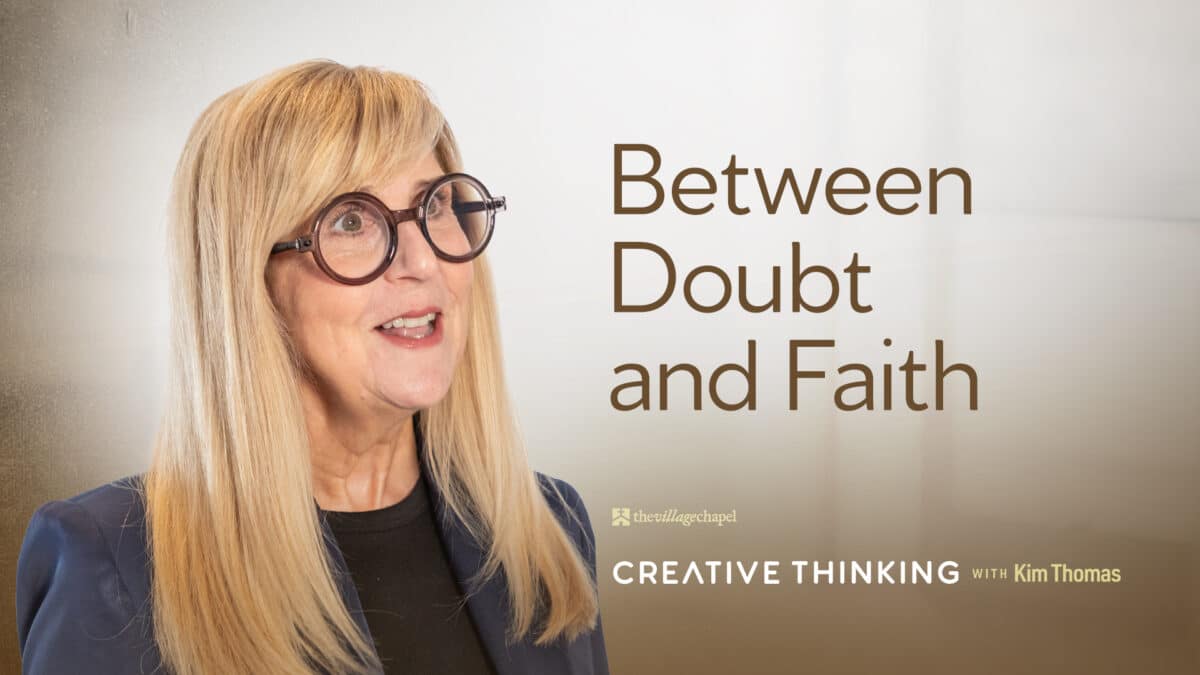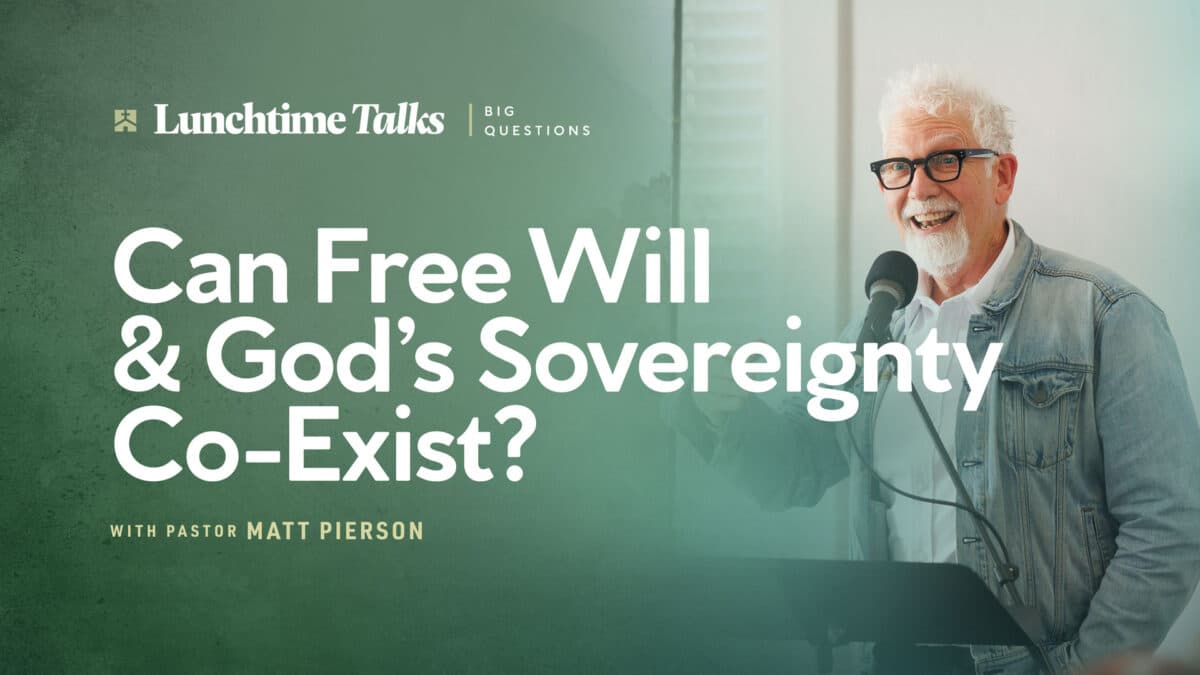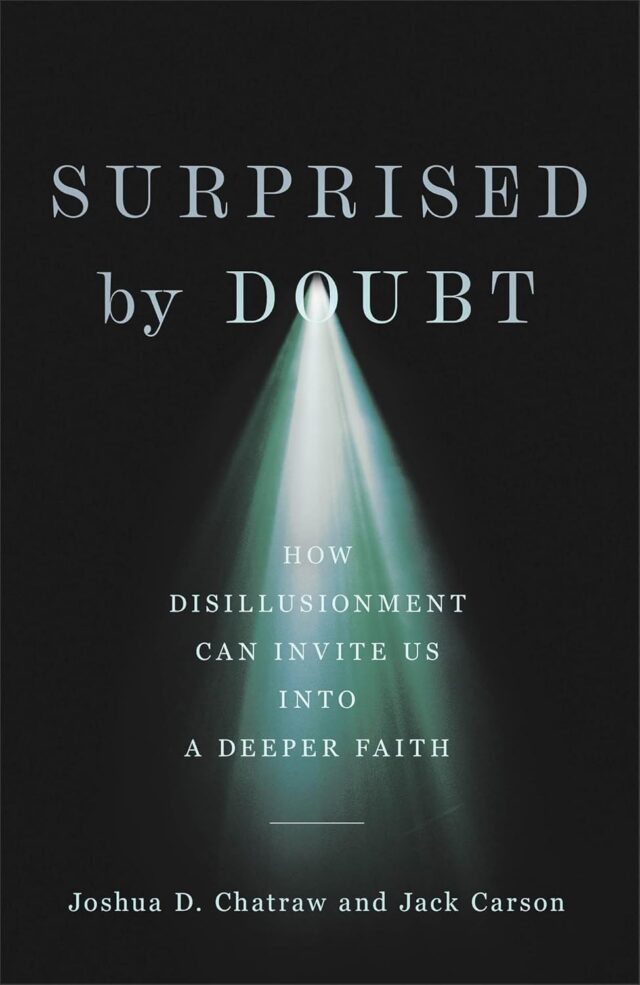Can Certainty and Doubt Co-Exist?
Can Certainty and Doubt Co-Exist?
And what role does faith play in all of this?
Why this question?
-
2024 research reveals 42% of adults have deconstructed the faith of their youth.
-
Among Christians, 37% say they have deconstructed.
-
Everyone deals with doubts of some kind.
-
Our expectations when it comes to doubt and certainty will determine the level of anxiety we have toward our own process and the process of others.
In a mirror dimly
What about the natural process of maturity?
-
1 Cor 13:11-12
How does the world see doubt?
Choose your anxiety
The religious see doubt as bad, sinful.
-
Doubt = unbelief, spiritual weakness
-
No room for questions
The secular see perennial doubt as applaudable.
- Postmodern – No objective truth
- No desire for answers (but don’t question our approach)
- Faith belongs to the subjective (personal)
-
The religious anxiety – scrutiny poses a risk of losing power and control over thinking and behavior
-
The secular anxiety – moral claims impose power and control over thinking and behavior
How does the Bible depict doubt?
-
It is neither positive nor negative
-
It can be experienced by anyone, regardless of their level of faith
-
It is a temporary inability to step firmly
-
It is something we move through
-
It has the potential to expand our view of God, build trust, and produce worship.
-
Psalm 10
-
Psalm 73
-
Habakkuk
-
John 20:26-29
How does Jesus respond to doubt?
-
He offers himself as evidence (John 20:26-29)
-
He doubles down on promises (Genesis – Abraham)
-
He commissions and sends with the promise of his presence (Mt 28:16-20)
How can we move through doubt?
-
Ask honest questions
-
Seek dependable sources
-
Trust God fully with what do not (and cannot) know fully
-
Worship through the questions
-
Be honest with yourself about your own doubt:
-
Your thinking
-
Your experiences
-
Your desires
-
“Faith is the art of holding on to things your reason has once accepted, in spite of your changing moods.”
C. S. Lewis
Two kinds of knowing
-
Intellectual (informational) knowledge – knowing the what (certainty)
-
Relational knowledge – know the Who (faith)
-
Christianity is knowing God. (Jn 17:3)
Doubt and Faith
-
Doubt is not the absence of faith.
-
Weak faith (with doubts present) is still faith.
-
The object of any faith is more important than the strength of the faith, ability to know, understand, explain, etc.
“But whatever gain I had, I counted as loss for the sake of Christ. Indeed, I count everything as loss because of the surpassing worth of knowing Christ Jesus my Lord. For his sake I have suffered the loss of all things and count them as rubbish, in order that I may gain Christ and be found in him, not having a righteousness of my own that comes from the law, but that which comes through faith in Christ, the righteousness from God that depends on faith— that I may know him and the power of his resurrection, and may share his sufferings, becoming like him in his death, that by any means possible I may attain the resurrection from the dead.”
Phil 3:7-10




